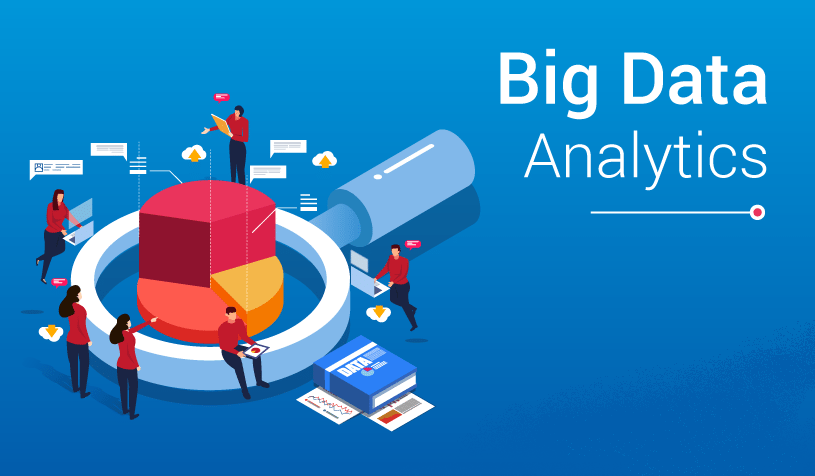Apple.Inc is considered to be the king of the global corporate world. This is because the company is on top of its game. Imagine if you could ace the game in the world of big data!
Data is abundant and so is the need to capture and retain it, for fear of being left out on something crucial. There is a lot of information moving around. Ultimately, what matters is the way we deal with it. This is why big data analytics is at the cutting edge of technology. Big data analytics has grown critical because it helps businesses improve their operations, make better decisions, and gain a competitive advantage. This is true for both firms and professionals working in the analytics field. There are a plethora of options available to professionals who are already into big data careers.
Why should you consider a big data analytics career?
If you are skeptical about big data analytics as one of the most in-demand skills, consider the following reasons to look at the broader picture.
Abundant job opportunities and a skill gap
According to a recent McKinsey Global Institute report, the United States will be short roughly 190,000 data scientists and 1.5 million managers and analysts who can understand and make wise choices using big data. The need for analytics skills is rapidly increasing, yet there is a significant supply shortage. This is happening all around the world and is not limited to any particular region.
Although big data analytics is a “hot” job, there are still a big number of vacant positions due to a dearth of essential skills around the world. Professionals wishing to advance their careers or make a career change can get data analytics certifications to ensure they have the skills and competencies they need to stay ahead of the competition.
Handsome salary packages
According to Payscale, the average annual salary of big data analysts range from USD 87,500 to USD 126,250+. This is because data analysts work with enormous amounts of information and turn it into insights that businesses can use to make better decisions. They work in a wide range of industries, including healthcare, banking, retail, and technology.
Big data analysts with top-notch skills holding one or more big data certifications make every effort to improve their platforms so that future discoveries can be communicated more easily. The goal is to create methods for analyzing enormous data sets that are simple to replicate and scale.
Big data analytics, a prime concern in most firms
According to a recent Peer Research – Big Data Analytics survey, big data analytics is one of the top priorities of the firms who participated in their survey because they believe it improves their organizations’ performance. It was found that:
- Over 45 percent of those polled feel that big data analytics will offer far more precise company insights
- Nearly 38 percent want to use analytics to identify sales and market opportunities.
- Over 60 percent of respondents rely on big data analytics professionals to improve their company’s social media marketing capabilities.
Numerous job roles in big data analytics
From the standpoint of a career, there are a plethora of options available, both in terms of domain and employment nature. Because analytics is used in so many different industries, there are many different job titles to choose from. Here are a few of them:
- Metrics and analytics specialist
Big data analytics is a broad field, with three forms of data analytics to choose from based on the big data environment.
- Prescriptive analytics
- Descriptive analytics
- Predictive analytics
Fortune 500 businesses such as MuSigma, Amazon, State Grid, and Sinopec Group are seeking people with big data abilities and big data analytics certifications since these credentials equip you with up-to-date skills, and programs unlike traditional means of learning.
In a nutshell…
No amount of analytics, no matter how powerful, can replace the need for human understanding. On the contrary, talented people with the ability to comprehend data, think from a business perspective, and generate insights are in high demand. As businesses seek to harness the potential of big data, technology experts with analytical skills are in great demand. A professional with analytical skills can grasp the ocean of big data and become a valuable asset to an organization, enhancing both the business and their career.

